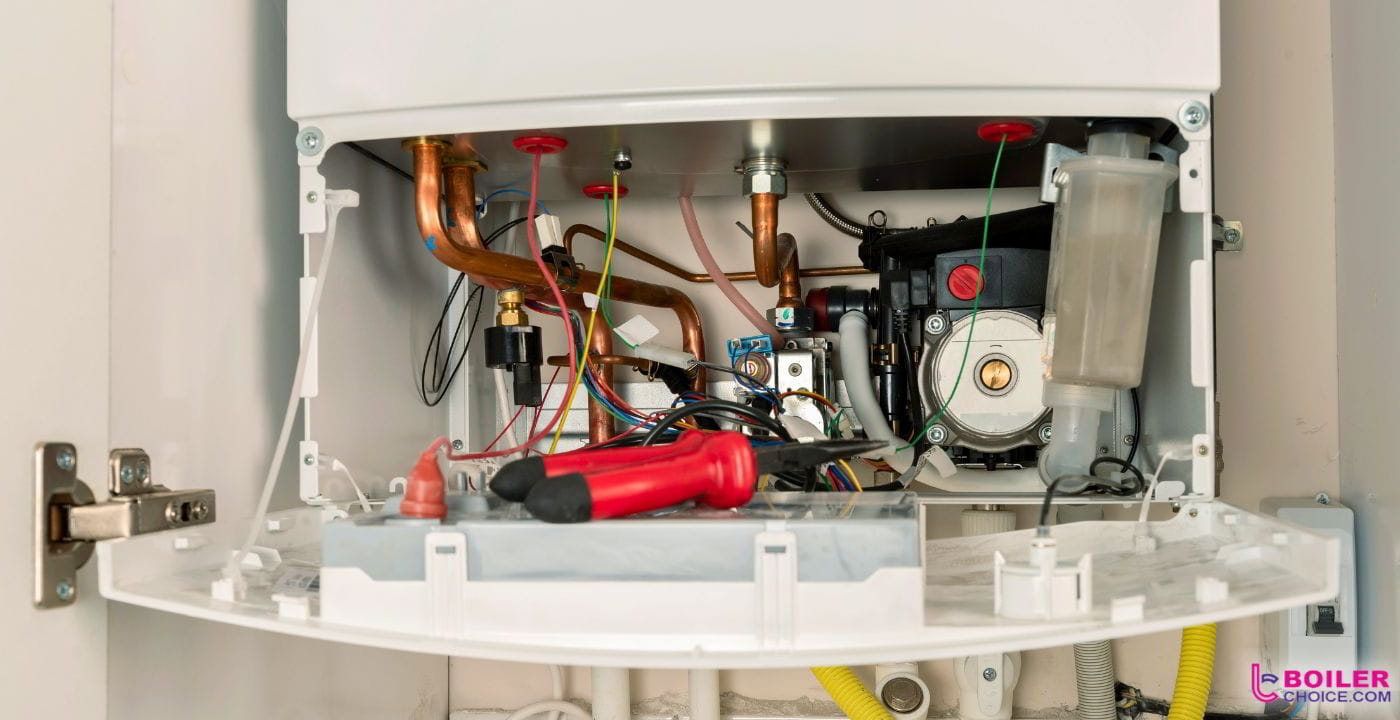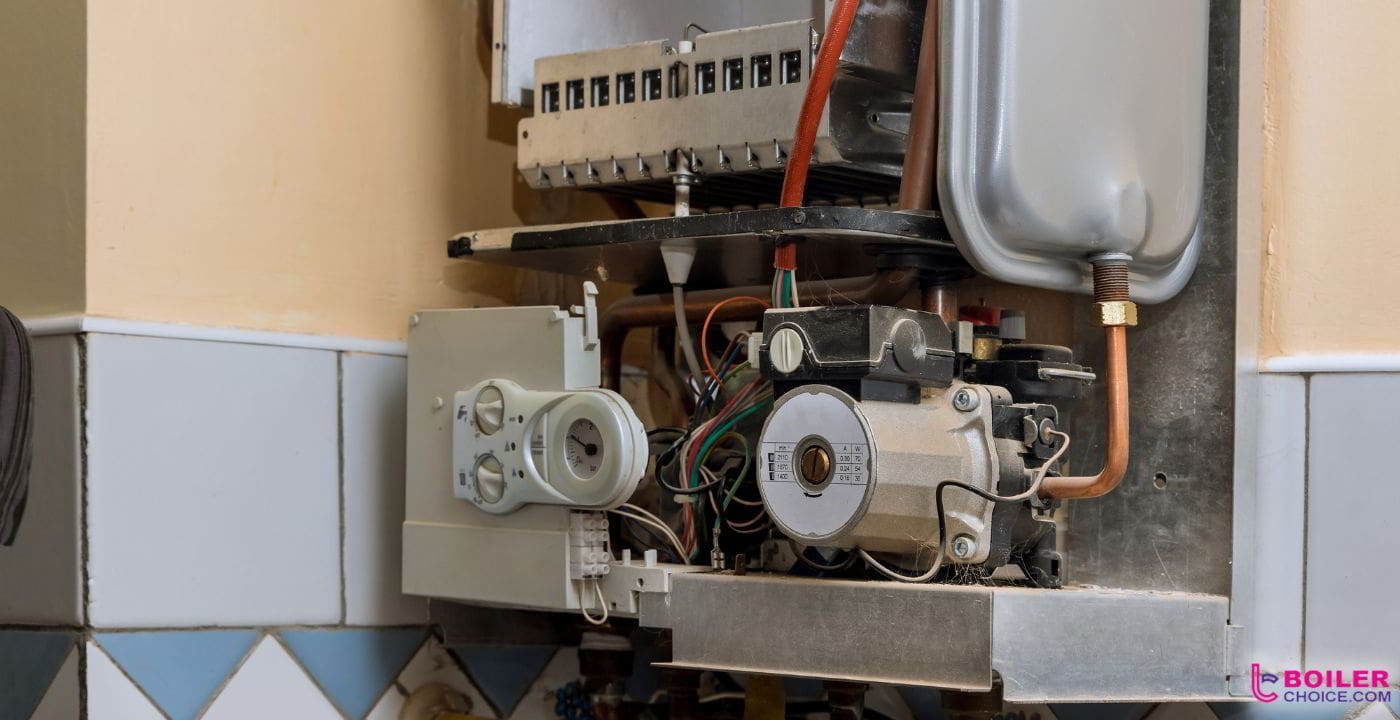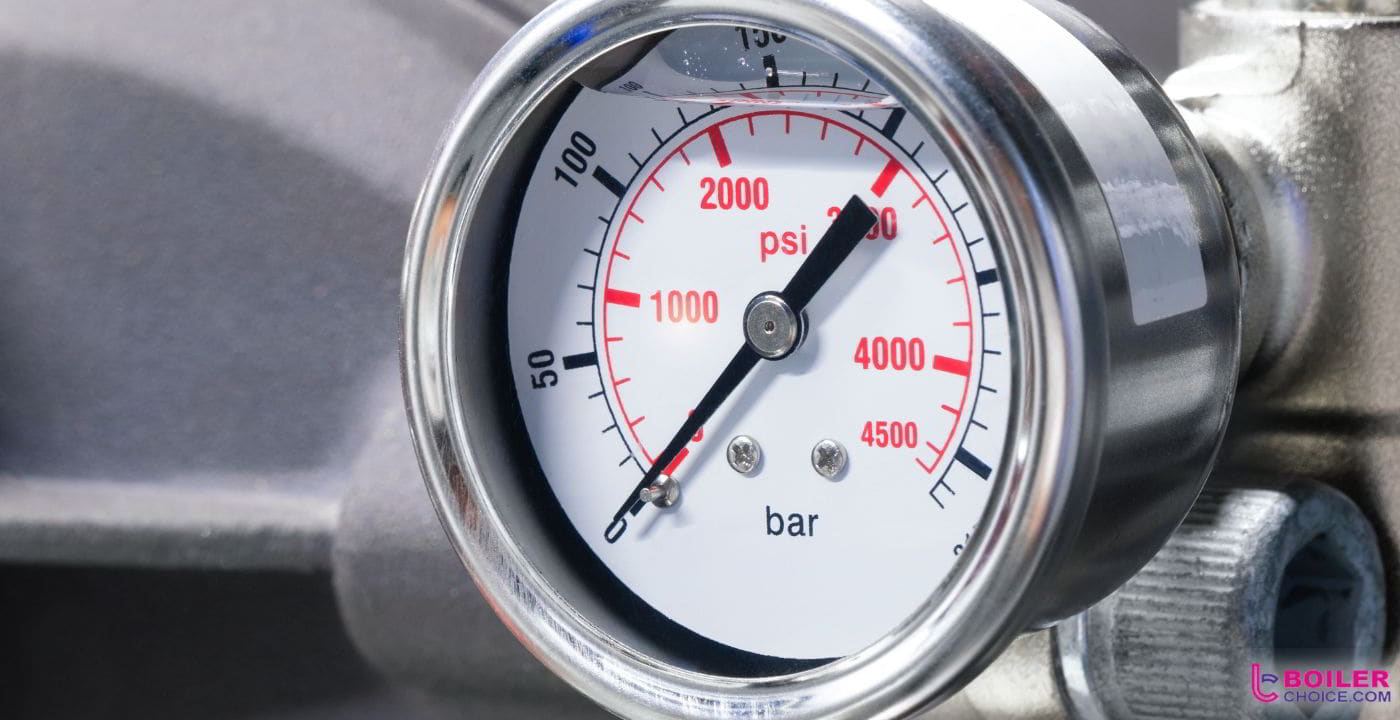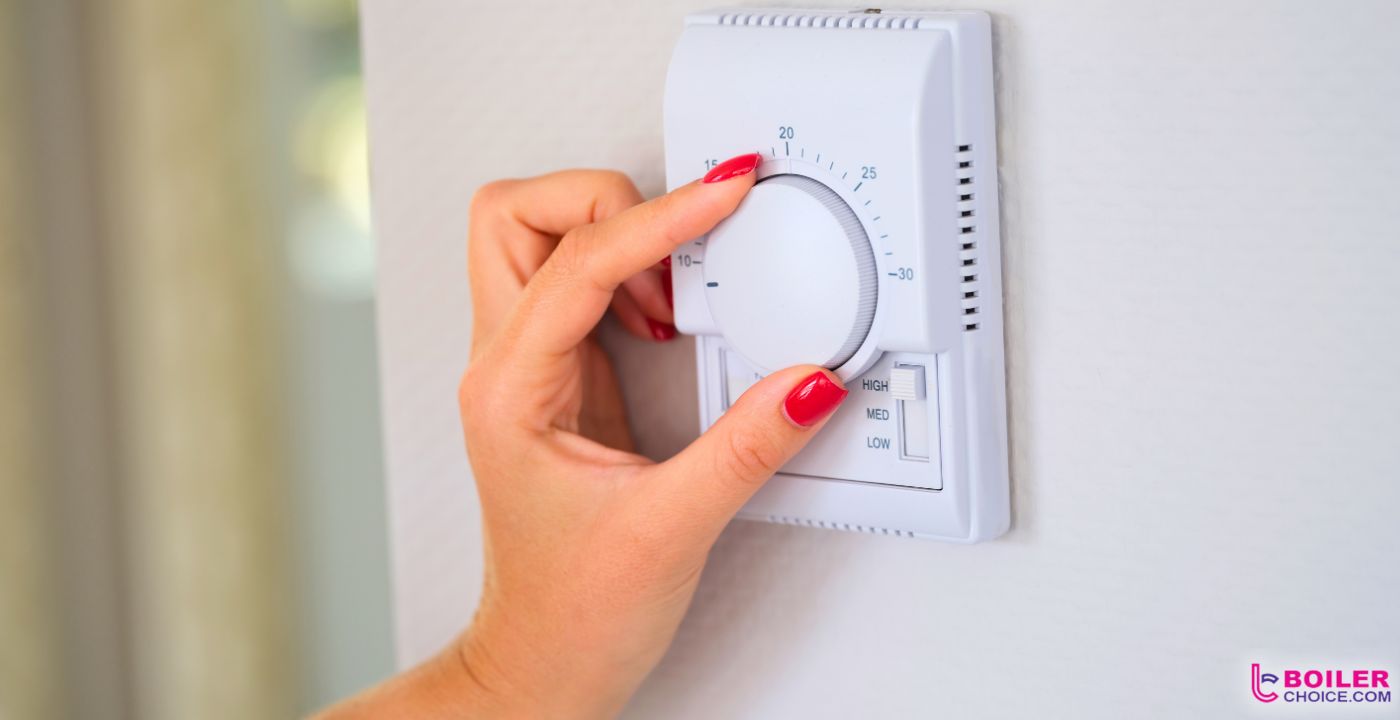
With the cost of living as steep as it is currently, households throughout the United Kingdom are looking for ways in which they can save the pennies. It doesn’t seem likely that energy prices will go down anytime soon, so with that in mind, we’ve answered the question as to whether you can (or should) leave your boiler on continuously.
In short – You can leave your boiler on all day if needed and on standby, but as a rule of thumb – you shouldn’t leave it running continuously as this is inefficient for your heating and bills, even when running it on low heat continuously.
Is it Bad to Leave the Boiler On?
There are worse things you can do than leave your boiler on all the time; and there’s even a train of thought that argues because it’s not having to power down and start up as regularly, or heat water from cold (as the water is always heated), that your boiler will actually run more efficiently when turned on all the time. The truth, though, is that it’s less efficient having your boiler on all the time.
It’s important to note that sometimes, if there’s an electrical issue, your boiler might be stuck permanently on even if your thermostat says it’s off. If you think you have this issue, then get in touch with a boiler engineer right away. Rather than leaving your boiler on, we’d recommend instead trying to improve your home’s efficiency (whether that be through the installation of double glazing, loft insulation or anything else) so that you don’t need to run your boiler for as long.
How Many Hours a Day Should a Boiler Run?

How long is a piece of string? How many hours a day your boiler runs depends on several factors, including:
- Time of year. Clearly, at colder times of the year you’re likely to be using your boiler more than you do in the summer months. During the heart of winter, for instance, it’s not uncommon to have your boiler turned on for around eight hours or so. In August, you might only run your boiler for as little as one hour per day.
- How many people live at your home? If you’re a couple with four small children running riot, then you’ll need more hot water than if you’re a single professional. Generally speaking, the more people at the property, the longer you’ll want to run your boiler. If a property is home to the elderly or more vulnerable, then a boiler should run for longer, too (provided it can be afforded, of course).
- Your home’s efficiency. A better insulated home will retain heat better, and therefore you can run your boiler for a shorter period, and still get the same results as you would running it for longer in a less energy-efficient home.
- How often are you at home? Clearly, if you’re at home more often then you’re going to want more heating and hot water, too. The pandemic brought about a surge in the number of people working from home, and many have gone on to stay that way, liking the freedom and flexibility it gives them. If you work from home, your boiler will be on longer than if you commute into work every day.
How Long Should a Boiler Stay On?
The answer to this question (once you’ve factored in the variables we’ve mentioned above) is very simple: for as long as you need it. The less time your boiler is running, the more money you save; particularly if your home isn’t very energy efficient.
A good general rule (for your hot water, at least) is to have the boiler turned on for half an hour to an hour in the morning, so that you’ve got enough for any dishes that need doing from the night before, or a wake-up shower, and then the same again in the late afternoon/evening for any relaxing soak you might want to take. A similar approach can be taken with your heating, too.
Is it Cheaper to Have Heating On Low?
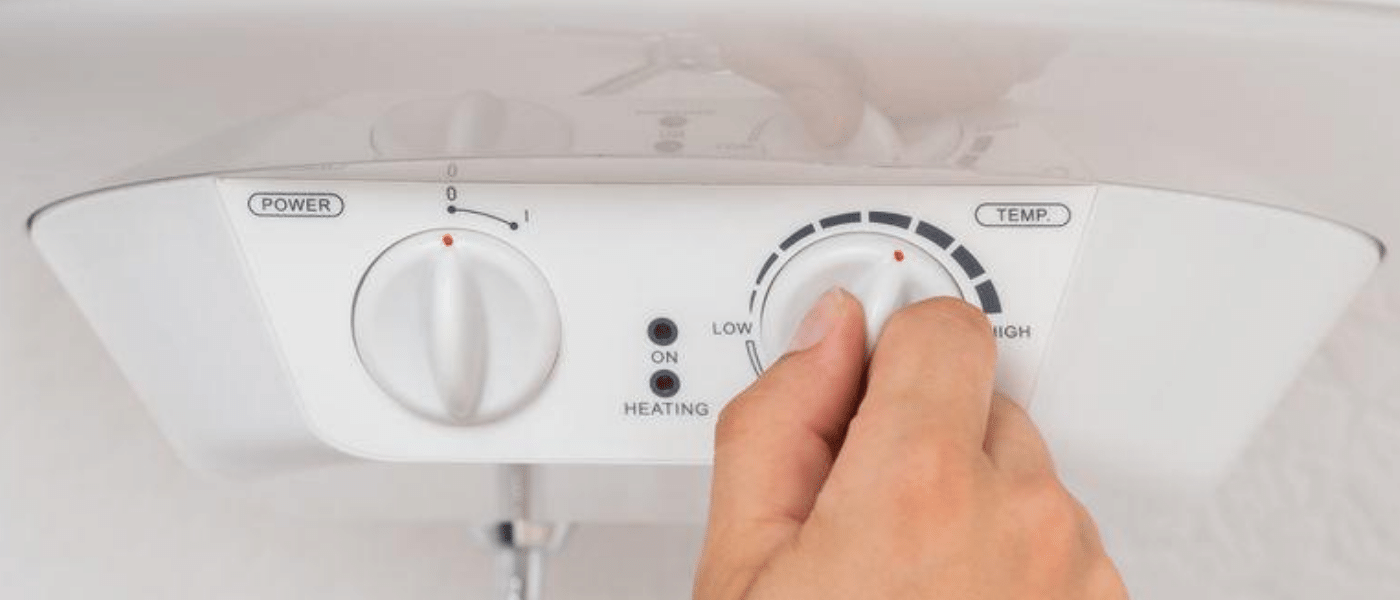
Keeping your boiler on all day at a low heat setting isn’t cheaper than having your boiler either on a timer or turned on as and when you need it. It’s a myth. Because most houses (even modern new builds) are relatively poorly insulated, running your boiler on low all day is typically very inefficient and leads to lots of energy being wasted. That’s worse for the environment, and worse for your wallet, too.
Leaving a Boiler On All the Time Will Lead to a Shorter Lifespan
Boilers are machines, and no matter how modern, well-made and technologically advanced these machines might now be, they’re still prone to wear and tear, and will eventually start to run less optimally as the years go by.
If you leave your boiler running continuously, then you’re putting it under a higher workload than if you were to use it only at set periods, or when you needed it. A higher workload puts more strain on your boiler, which will ultimately lead to a shorter machine lifespan overall.
What Boiler Do I Need?
The boiler you need depends on various factors, including water pressure, for instance. Generally speaking, though, most modern homes will suit a combi boiler, whilst if space isn’t an issue, then system boilers (with their separate hot water tanks) can be just as good in their own different way. Check out our range of boilers here to see what might be right for you.
Final Thoughts…
There you have it! Hopefully, having read this you’ll realise the best thing to do to preserve both your boiler and your wallet is to run it on a timer, rather than have it running continuously. If you need a new boiler installed, or have any more boiler-related questions, then don’t hesitate to get in touch. Call Boiler Choice today on 0800 112 3433 or by filling out one of our email contact forms. However you wish to get in touch, we can’t wait to hear from you!

